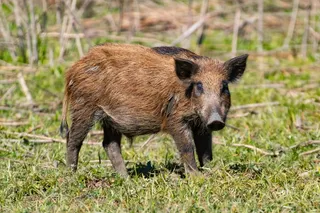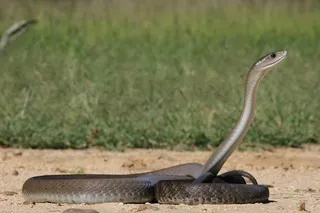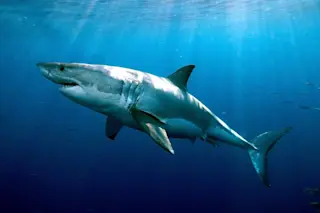The growth of the world's largest coral reef system has slumped to its slowest rate in at least four centuries, according to a new report in
[subscription required]. Researchers studying coral colonies in the Great Barrier Reef found that calcification, the process that builds the reefs, has dropped 13.3 percent since 1990. They fear the decline is indicative of a worldwide threat to coral reefs caused by rising seawater temperatures and ocean acidification.
The loss of coral growth threatens food webs and may lead to “precipitous” changes in biodiversity, the authors said [Bloomberg].
The Great Barrier Reef along the northeast coast of Australia stretches more than 1,200 miles and is visible even in space.
Coral reefs, delicate undersea structures resembling rocky gardens made by tiny animals called coral polyps, are important nurseries and shelters for fish and other sea life. They also protect coastlines, provide a critical source of ...













